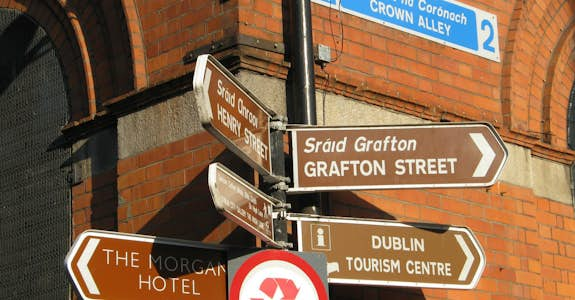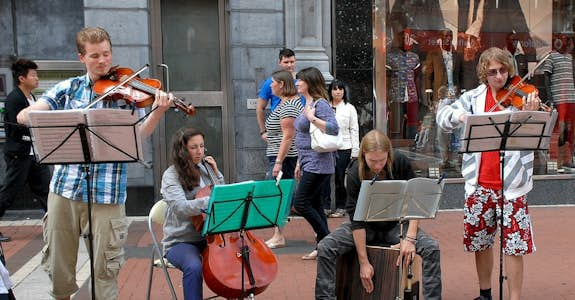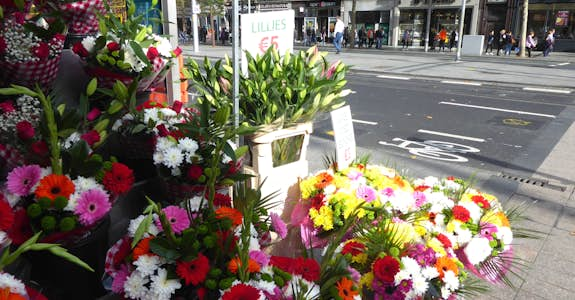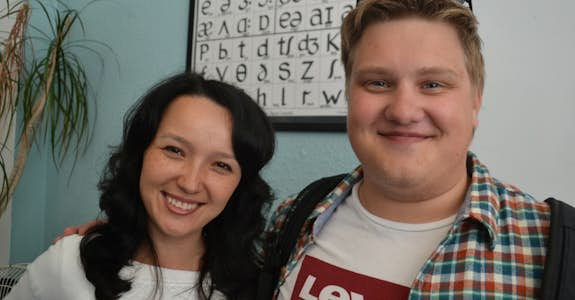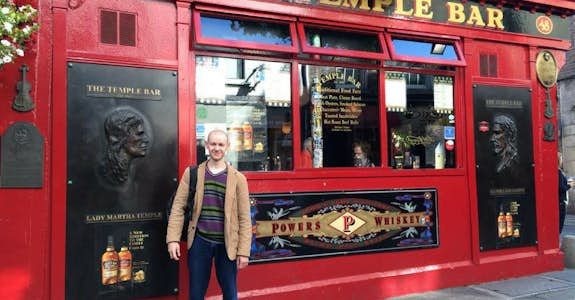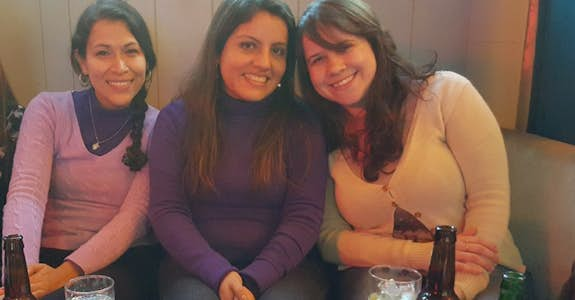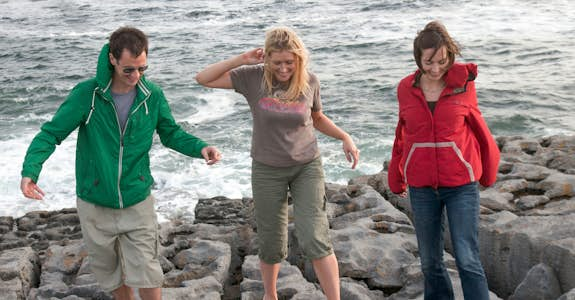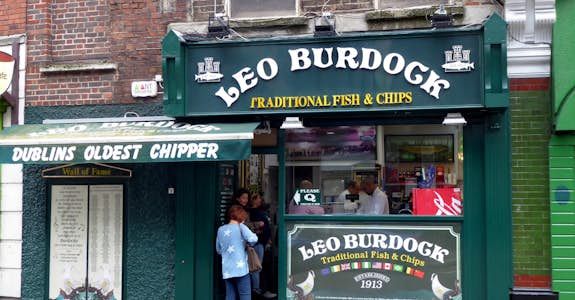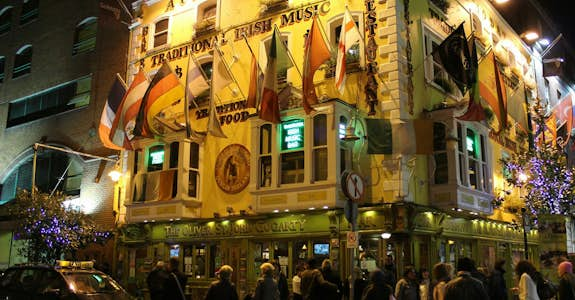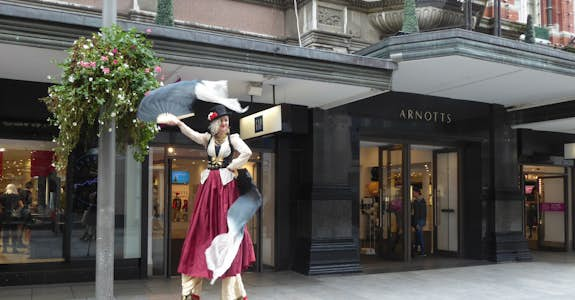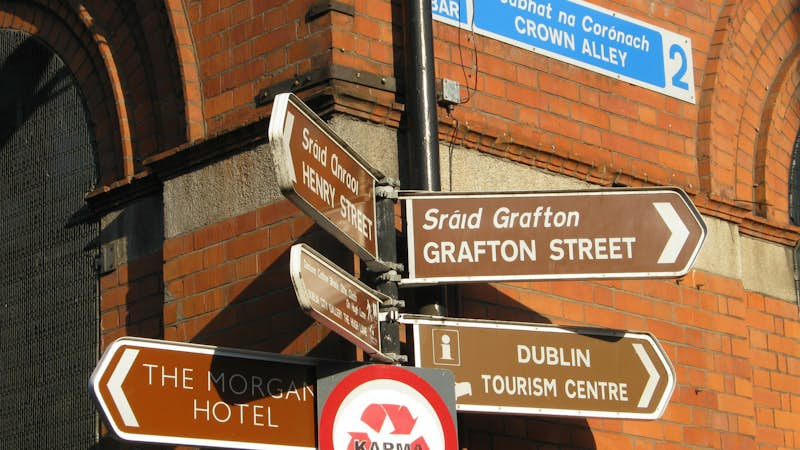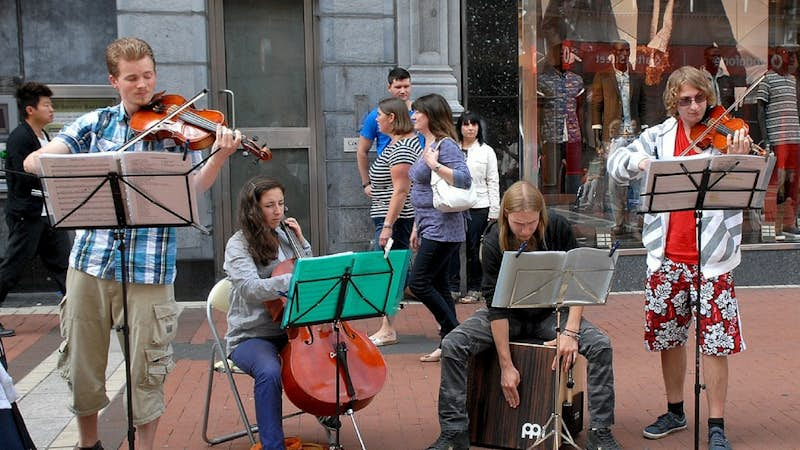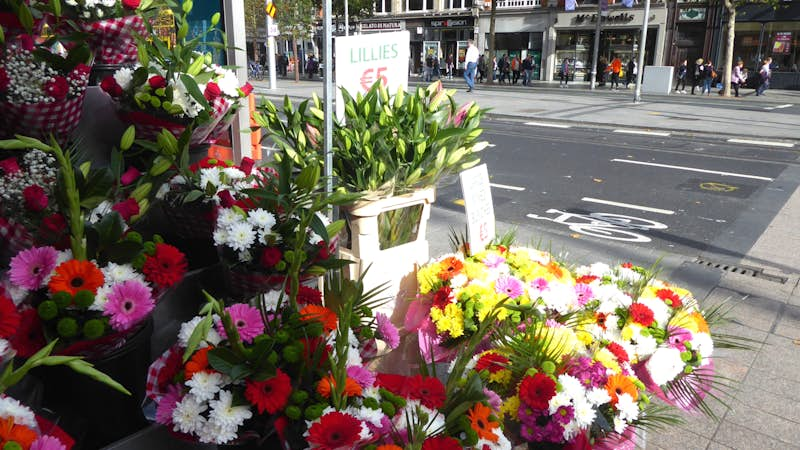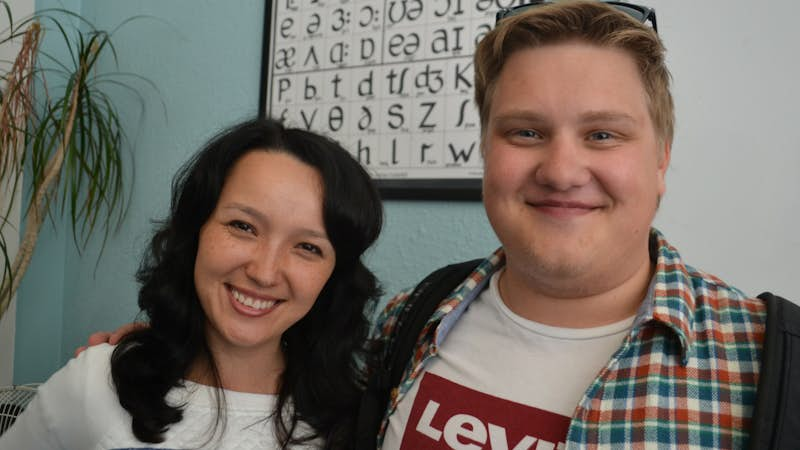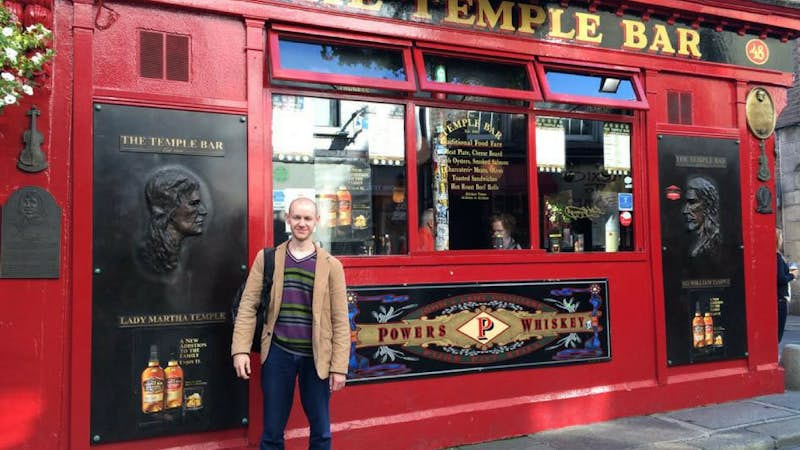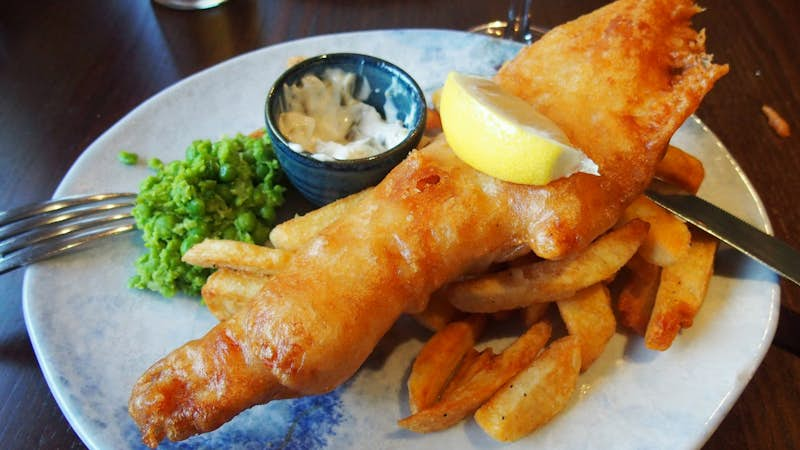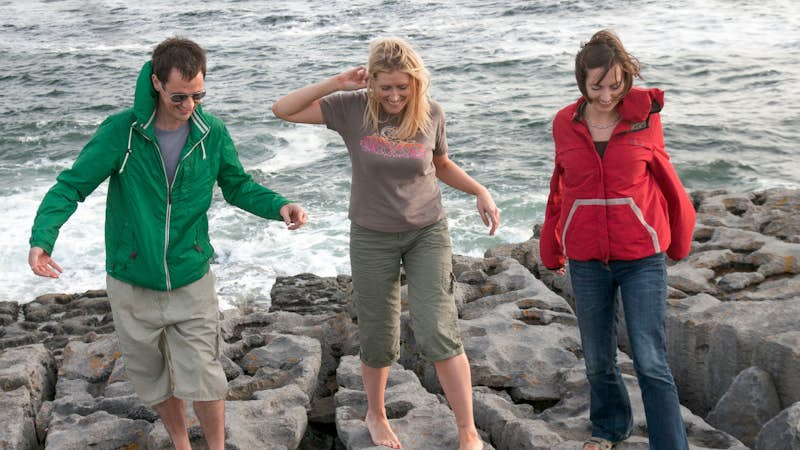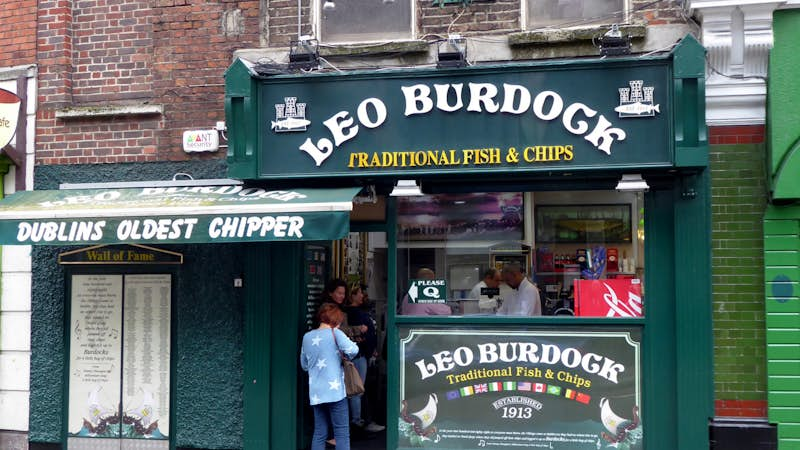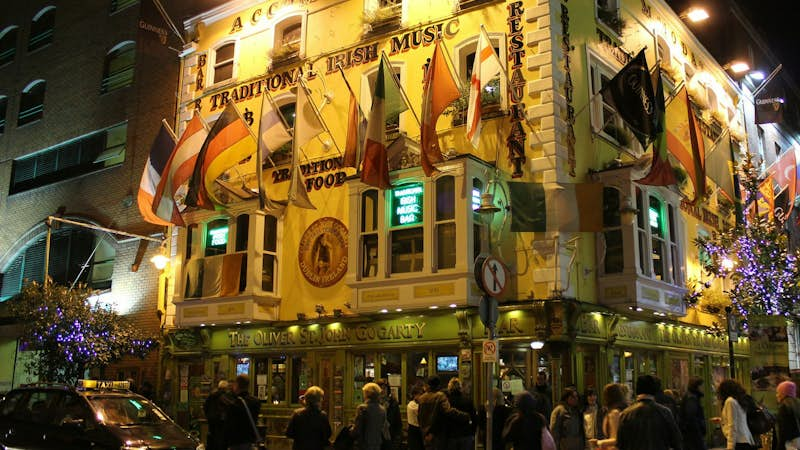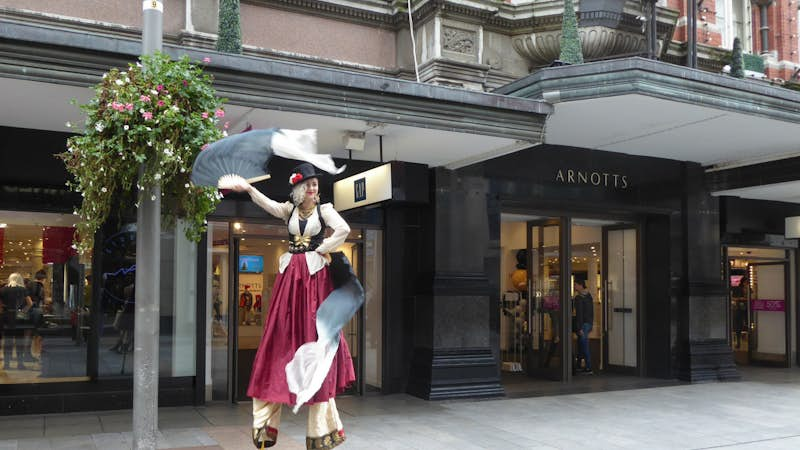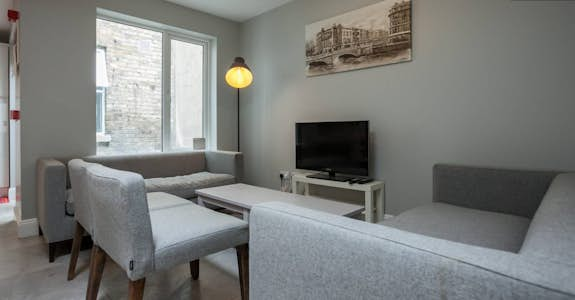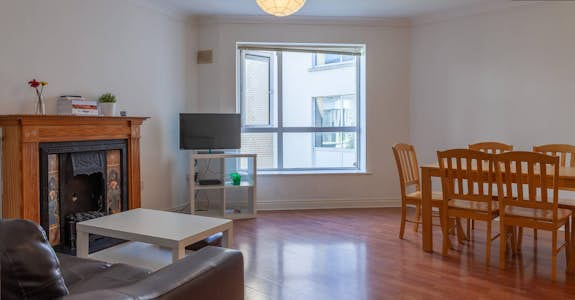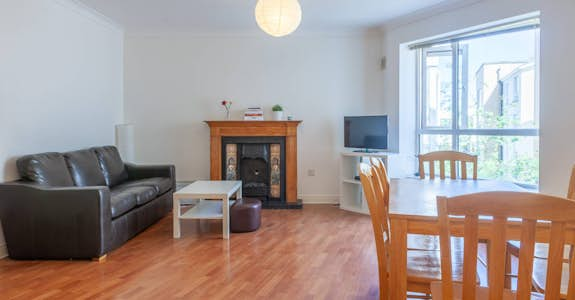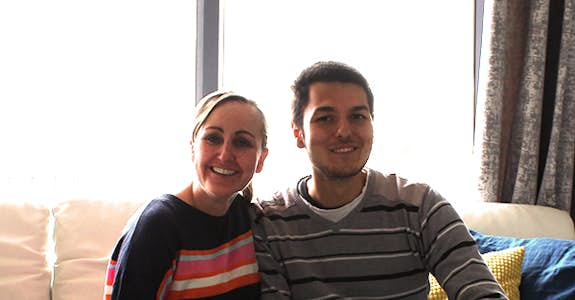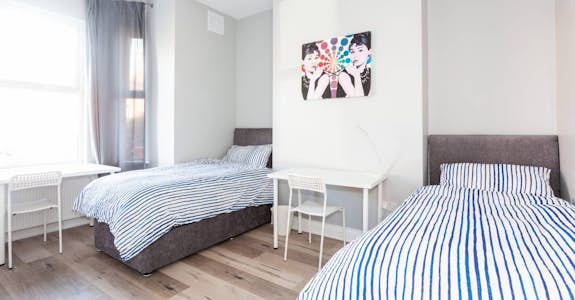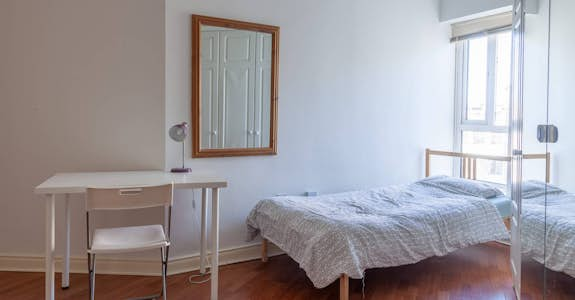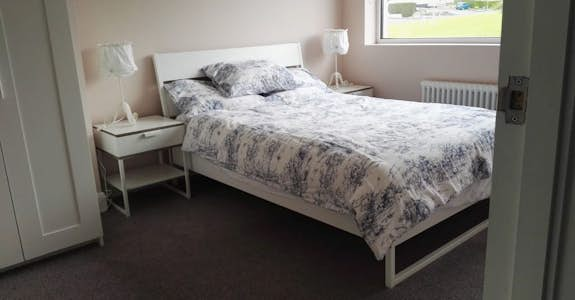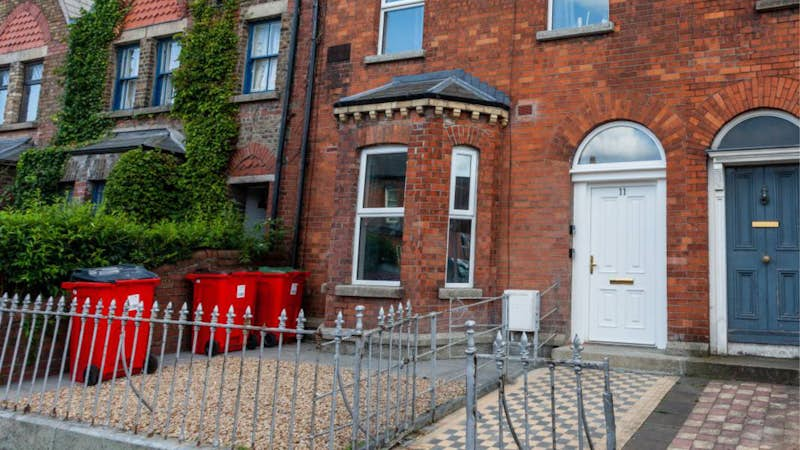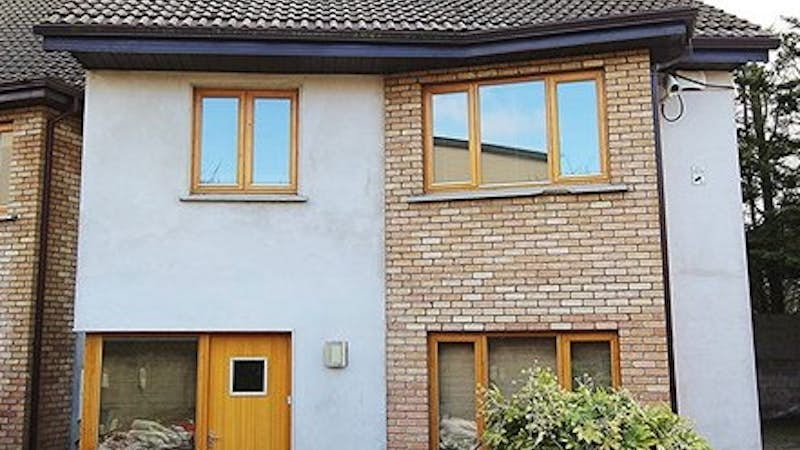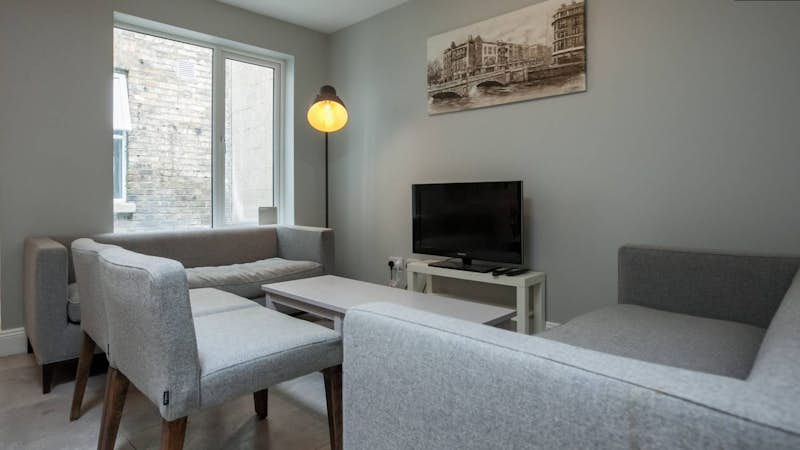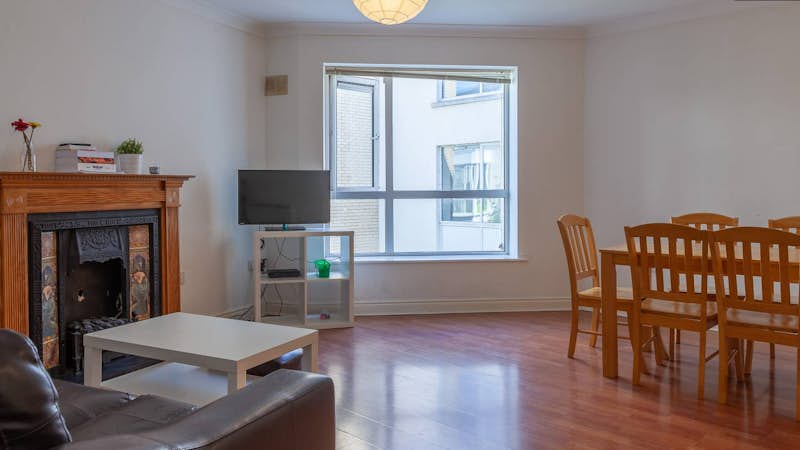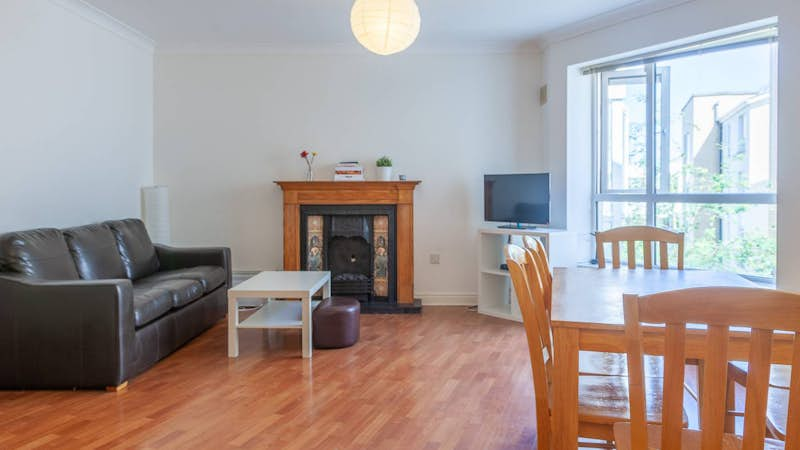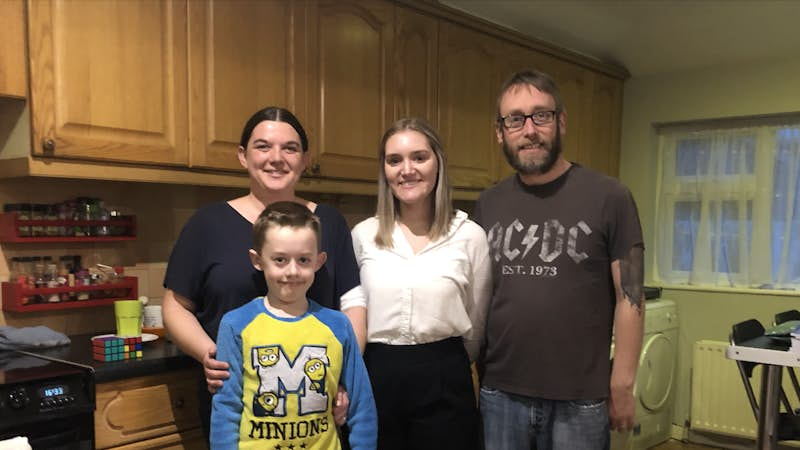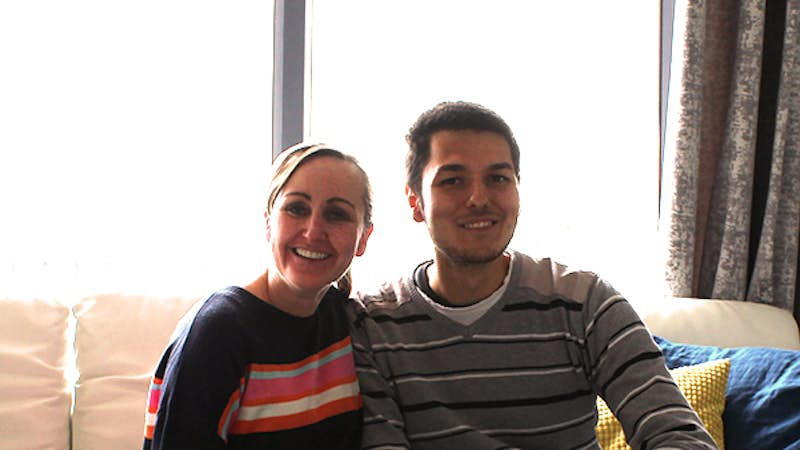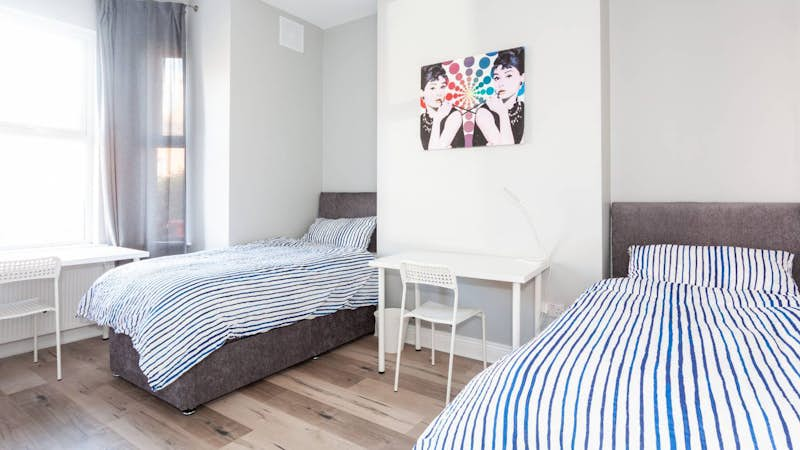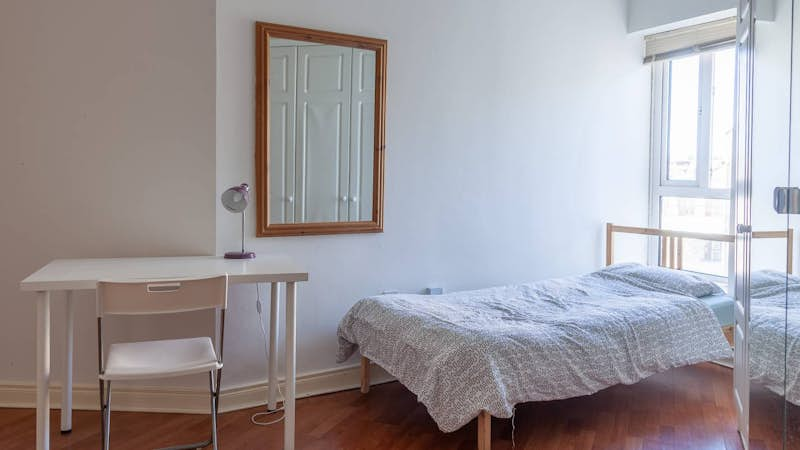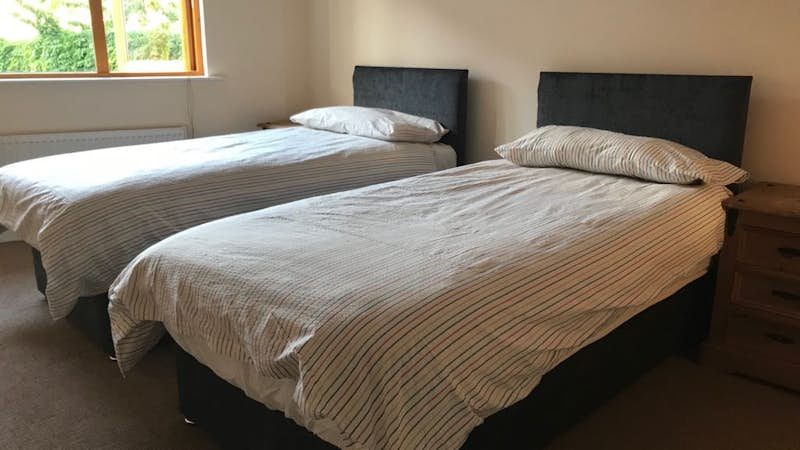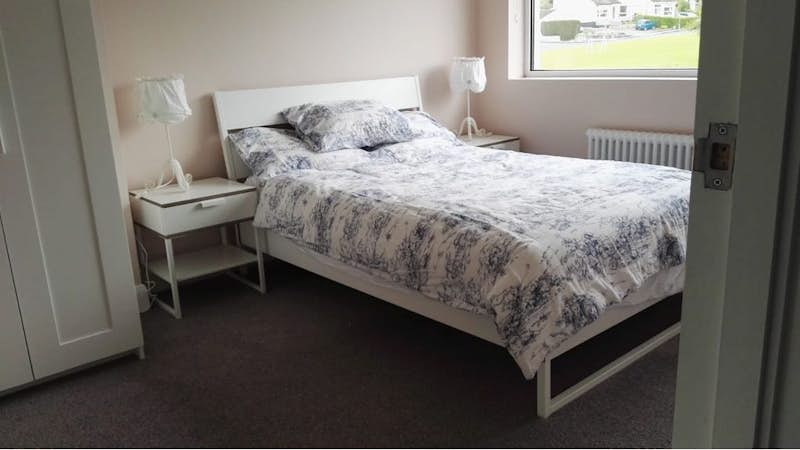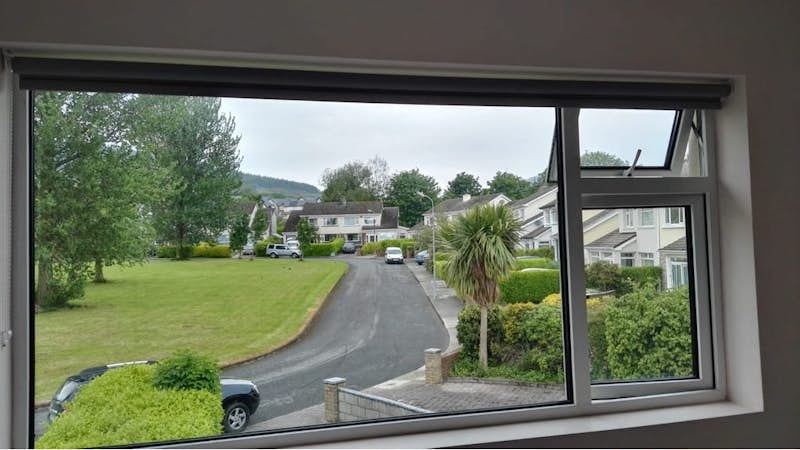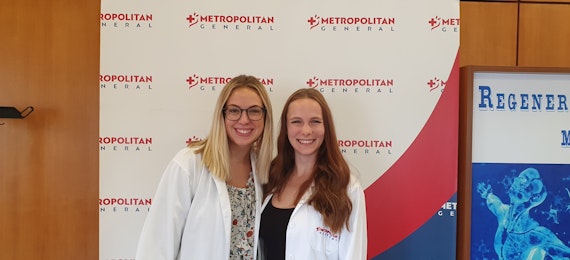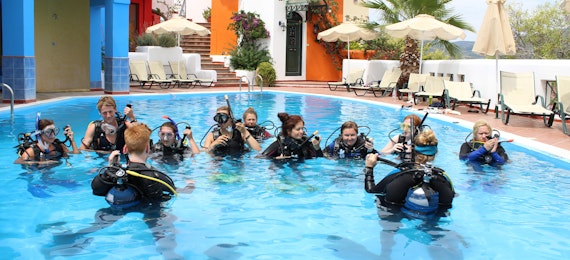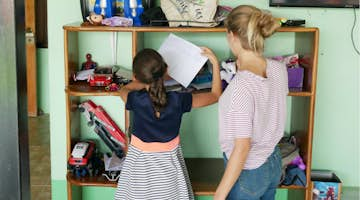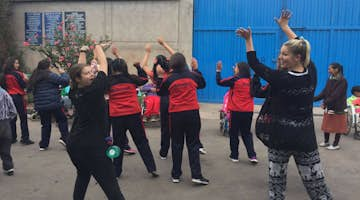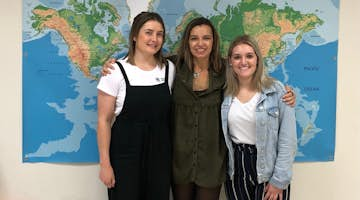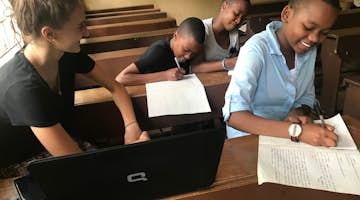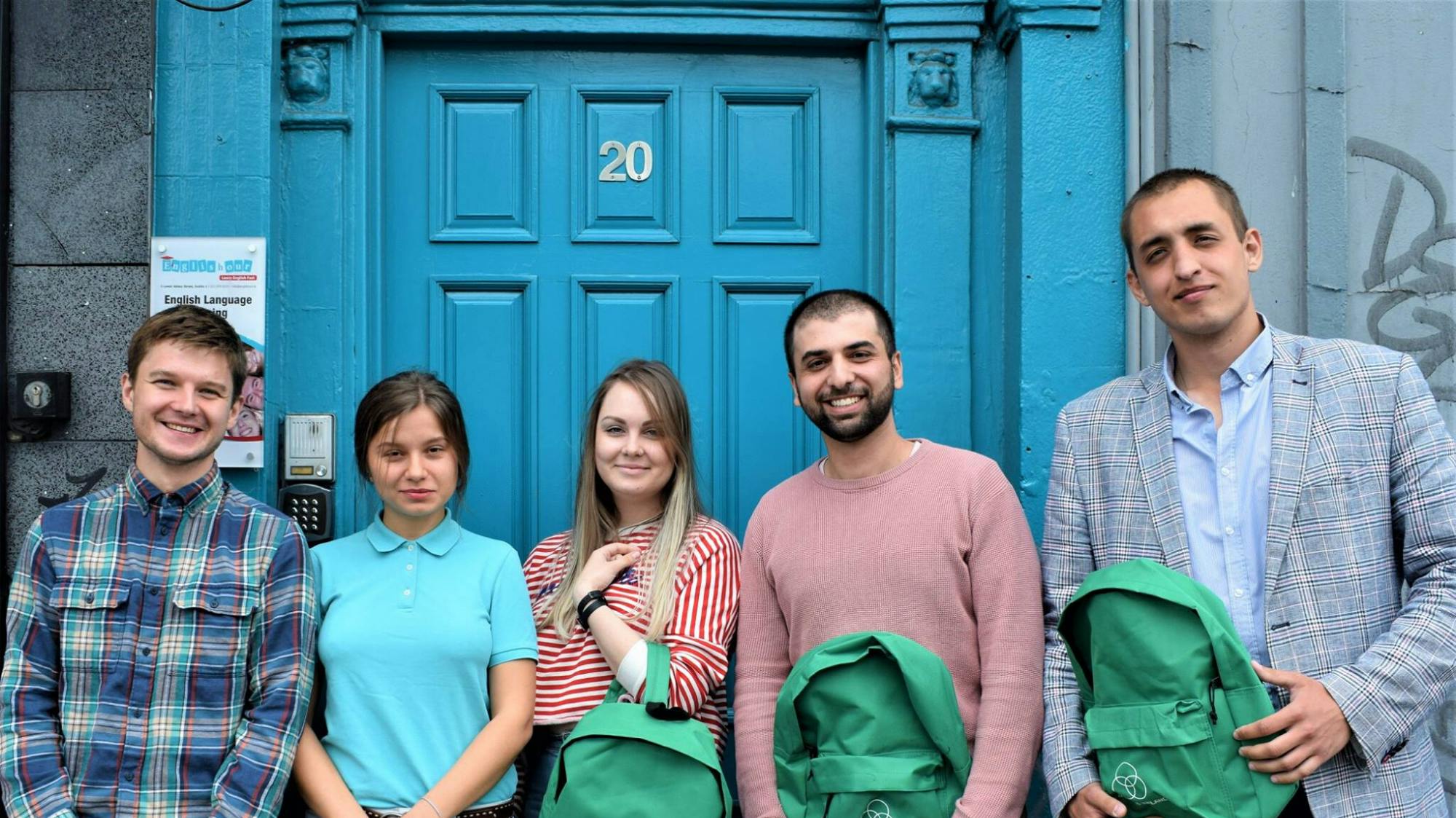
Education Administration Internships: Intern abroad in Dublin, Ireland
Education Administration internships are perfect for anyone looking to gain experience in education management. With placements in Dublin schools, you’ll learn about the broader picture of education beyond the classroom. Interns assist international students and local teachers, help with recruitment, marketing and general management.
What to expect from your Education Administration internship:
- Learn different elements of education management from sales and recruitment to marketing and events.
- Enjoy after-work social events and meet students from around the world
- Live in Dublin and enjoy the Ireland’s famous history and hospitality
Your internship abroad host organization:
- Government-accredited English language schools
Internship details
Education Administration internships are perfect for anyone looking to gain experience in education management. With placements in language schools in Dublin, you’ll learn about the broader picture of education beyond the classroom. Interns assist international students and local teachers, help with recruitment, marketing and general management.
This is an in-country internship, with accommodation and meals provided. Click here to view remote Education & Youth Development internships that you can undertake from home.
As an Education Administration intern in Dublin, Ireland, come prepared to gain experience in an Irish academic institution that is inclusive of students from a variety of backgrounds and age groups. Placements are available in government-accredited public or private language schools around Dublin. Due to Brexit, Ireland is now Europe’s only predominantly English-speaking country, which means English language schools are highly popular with students from all over Europe.
Interns provide support to foreign students by helping them settle into school and offering advice about living in Dublin and liaising with host families. You’ll also help teachers with administrative work, preparing class material and resources such as worksheets and games for English language students of all ages.
You’ll also assist with student recruitment and bookings, as well as in marketing. Interns can help with social media marketing, creating Facebook posts to encourage foreign students to enroll and creating longer-form content such as blogs on international education in Ireland.
It is important to be aware that these internships are typically non-classroom-based. This means that you may not be directly teaching. Rather, you’ll gain an understanding of the daily support international students and teachers require, within the operation of an academic institution. These internships are also suited to anyone looking to gain experience in the TEFL industry, since the internship placements include English language schools for foreign students.
Interns who join the program during the Irish summer, from late June through early August, can generally expect to be involved as Summer Camp assistants and guides. This involves working in camps for students between 11-17 years old, helping with the accommodation or academic department, marketing, sales or providing general assistance in lessons.
In all cases, interns should expect that the first week of your experience will focus on settling in and gaining some introductory knowledge, as you will not “hit the ground running”. Rather, you should start with learning about the placement to gain an understanding of what you can build upon, develop, learn, and contribute. Ensure that you ask questions and provide feedback during the introductory period, so that your supervisor understands how you’re progressing. This will help them to better understand important details, such as how quickly you learn, what you find challenging, what you find interesting, etc.
Understand and expect that individual internship experiences vary, as the specific placement that you’re assigned will depend on review of your resume and your current level of studies and experience. Therefore, if you’re at a more introductory level, you should reasonably expect a more introductory internship. Likewise, if you’re interning for a shorter duration, you will have a different experience from someone who is interning for a longer duration. Placement preferences are considered but always subject to availability.
What are the career benefits of interning abroad as a Education Administration Intern?
Education Administration interns learn from a qualified and experienced supervisor, and can be involved in:
-
Assisting the academic team
-
Working with marketing
-
Helping with student recruitment and bookings
-
Providing guidance to international students
-
Contributing to general office duties and management
Professional development opportunities:
-
Contribute to the daily running of a busy international school
-
Understand the administrative requirements of education and international students
-
Experience school recruitment and marketing in a European setting
-
Gain practical skills and boost your employability, with guidance from Intern Abroad HQ’s Experiential Learning Curriculum to support your learning and cultural intelligence.
Are you eligible for this internship?
Submit a free application so we can confirm your eligibility and check availability for your preferred dates.
Not sure which program to join?

Recommended online TEFL course
For all interns with an interest in developing skills as an educator, we also recommend an interactive Online TEFL Certification Course. The training offers tools and techniques over a 100-hour program. Upon completion, you’ll have earned experience in planning, designing, and adapting diverse language activities and materials. No previous teaching experience or training is required. You can sign up for the Online TEFL Certification Course anytime and you’ll pay the discounted Intern Abroad HQ rate.
Get TEFL certified onlineIreland photo gallery
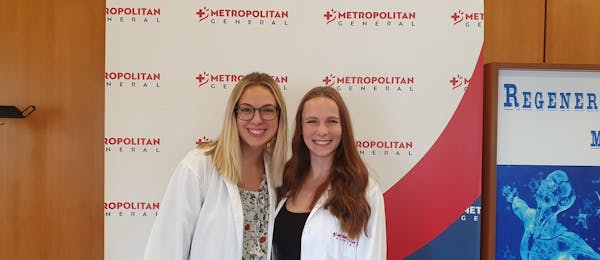
Academic credit available for all internships
Get course credit from your college or university while completing your internship abroad or a remote internship program. It's a great way to meet your academic requirements and gain valuable experience at the same time.
Learn about course creditProgram fees
Applying for our Education Administration Internship is completely free! The support package covers the assistance we provide in finding your internship and arranging your living accommodations in your host country, ensuring you thrive during your program.
Please note that a deposit of US$499 is required to confirm your place. The remaining balance (minus your initial US$499 deposit) is due at least 60 days before your internship start date.
Duration |
Program Fee (USD) |
|---|---|
| 4 weeks | $3,800 Equivalent to $135 /day |
| 5 weeks | $4,178 Equivalent to $119 /day |
| 6 weeks | $4,581 Equivalent to $109 /day |
| 8 weeks | $5,337 Equivalent to $95 /day |
| 10 weeks | $6,148 Equivalent to $87 /day |
| 12 weeks | $6,904 Equivalent to $82 /day |
- Airport pick-up
- Daily breakfast and dinner (except for Tourism Operations internships)
- Accommodation
- 24/7 in-country support
- Program orientation
- Dedicated support before, during, and after your internship
- In-country guidance for social and tourist activities
- Sourcing and securing your internship placement
- Personalization of your internship plan
- Coaching from your supervisor
- Documented portfolio of your experiential learnings
- Academic credit facilitation
- International reference letter
- Certificate of Internship Completion
- Meals
- All in-country transportation
- Transfer back to the airport at the end of your internship program
- Visa (if required), flights, travel insurance (mandatory), vaccinations, criminal background check
- Personal spending money for snacks, drinks, public transport, laundry, and leisure activities during your free time.
Activities and tourism
During the weekends, free time is available to relax, engage in tourism activities and explore other parts of Ireland. Dublin’s history goes back thousands of years and there is a lot to explore! You’ll find museums, castles, theatres, parks, festivals, art galleries, cafes, and pubs abuzz with various happenings, year-round.
The city is sometimes described in quarters, comprising of the “Medieval Quarter” (including Dublin Castle, Christ Church, St Patrick’s Cathedral and the old city walls), the “Georgian Quarter” (including the area around St Stephen’s Green shopping mall, Trinity College, and Merrion Square), the “Docklands Quarter” and the “Cultural Quarter” (around the Temple Bar district).
Make sure you get “The Dublin Pass” which is a must-have sightseeing package. It grants free entry to over 25 top attractions, museums and monuments, as well as a free 24-Hour hop-on, hopp-off bus tour. You can choose from 1, 2, 3 or 5 day passes and it’s free to pick up the pass if you collect it from Dublin collection desks, located within the city, or - have it sent straight to your smartphone.
If you want to get some exercise and fresh air outside of the city, there are plenty of activities that’ll help keep you fit (you’ll need to bookmark these ideas, to ensure you burn off your Guinness and fish n’ chips). You can go kayaking in Dalkey, kite surfing in Clontarf, or hike around the Hill of Howth. Dublin Discovery Trails offers a series of self-guided walking trails, or rent a bicycle to cruise around the city. If you want more cardio, check out Ticknock Mountain Bike Trail to ride the 8km loop within the Dublin Mountains.
Arrival and Orientation
Internships in Dublin begin every Monday and interns may choose to spend a minimum of 2 weeks, up to a maximum of 12 weeks. (Exceptions to start date availability may occur when start dates are closed due to public holiday disruptions or if the program has already reached capacity).
Airport pick up and accommodation are included in the Program Fee. The accommodation is covered from the Sunday night before the Monday start date. Interns are asked to arrive on the Sunday before their Monday start date only. Extra nights of accommodation in advance of the start date are not available, so if you do arrive in Dublin prior to this date, you will need to make alternative accommodation arrangements, prior to checking in on the Sunday, before your scheduled to start the internship on the Monday.
All participants fly into Dublin Airport (DUB), in order to receive their airport pick up and be transported to the accommodation by a pre-arranged driver. Upon arrival at the homestay accommodation, interns are met and greeted by their host family, who will assist with settling in. (If you are planning to spend time in Dublin prior to your internship and will not require an airport pick up, we can arrange an alternative pick up from another location within the central city.)
Orientation takes place - usually on your Monday start date - and covers important details for the internship, including introductions, information about culture, customs, rules, expectations, safety, language lessons, cultural excursions, and more. You will be contacted via WhatsApp, prior to the orientation, to confirm plans directly.
The last night of the accommodation is the Saturday night of the final week, leaving interns free to depart on Sunday. Extra nights of accommodation outside the program dates are not available. Return transportation to the airport is not included in the internship program fee but local staff can assist you to make arrangements.
All participants are advised not to book flights until they have first registered to confirm their internship placement.
Check what's required to visit Ireland
Check out the widget below to learn about the visa requirements for the Education Administration internship in Ireland, based on your country of residence.
Accommodation and WiFi
Interns in Dublin are hosted in friendly and welcoming homestay accommodations. In the event that home-stay accommodation has reached maximum capacity, interns may be offered alternative accommodation in student dormitories (but meals are excluded in these circumstances).
All homestay guests are provided with their own private bedroom. While homestays may have capacity to accommodate several student/intern guests, at any given time of the year, interns may also find that they are the sole participant, depending on the size of the home. Bathrooms and common areas are shared, so interns should be prepared to share living arrangements. The homestays themselves may be mixed gender. If you are interning alongside a friend, please let us know and we can aim to ensure you’re accommodated together (subject to availability).
Cleaning is provided ahead of a new occupants arrival. Outside of this, occupants are responsible for respecting common areas, keeping them clean, tidy and comfortable for all guests. Laundry facilities are also available within the accommodation.
Due to the layout of Dublin city, host families are usually based in suburban areas outside of the capital. Host family accommodation assignments are always made in consideration of the internship placement location, making efforts to ensure that any commute time to the placement is as convenient as possible. Nevertheless, it is wise to anticipate an average commute time of up to 45 - 60 minutes via bus or Dublin Area Rapid Transit system (“DART” is an electrified commuter rail railway network, which serves the coastal and city center of Dublin).
Interns can purchase a weekly Dublin bus pass (LEAP card), which allows interns to ‘top up’ and enjoy unlimited travel on city center forms of transport. Expect to budget approx. €40 (approx. US$47) per week for this. Homestay accommodation includes a light laundry service and single room.
It is important to note that extra nights of accommodation are not available with homestay accommodations. The Program Fee covers the accommodation from the Sunday night before the Monday start date and interns are required to depart by the Sunday morning of their last week. If extra nights of accommodation are required for an earlier arrival or later departure, they must be booked independently.
Any requests to exclude the accommodation service from your internship experience, in order for you to make independent arrangements, must be discussed and confirmed in advance.
Please note that the accommodation pictured in the photo gallery of this webpage is provided as an example. Since we work with more than one option for accommodation, the exact accommodation that you’re assigned may differ from the photos. However, you can expect a similar standard and similar amenities, to what is shown.
Meals
Homestay accommodations include meals, provided by the host family. This consists of breakfast and dinner, served Monday through Sunday.
It is important to be aware that vegetarian and other dietary requirements must be communicated in advance. There is an additional weekly surcharge if a gluten-free, dairy-free, vegetarian or vegan diet is requested. This is in order to provide specialty grocery items, which are often more expensive (e.g. soy milk, gluten free bread/pasta, protein supplements, etc). Once you have confirmed your internship participation, you can book and pay for this weekly surcharge in advance.
In all cases, we advise interns to budget independently for their own lunches, snacks and treats. You’ll find the meals to be sufficient but likely different from what you’re used to eating at home. If there are special snacks you like to have, please budget for them and take care of your own preferences independently. A weekly budget of approximately US$100 should be sufficient for covering extra snacks, treats, and drinks, as a supplement to what’s already going to be included for you.
Keep in mind that, depending on your own spending habits and lifestyle choices, personal budgets can vary enormously. Dublin is very active and there is a lot to see and do, so it’s important to plan your budget carefully. A meal at an inexpensive restaurant may cost approximately US$25. If you want to frequently purchase beverages, such as coffees (approx. US$5), then you’re definitely going to need a higher budget over the course of a week or month. You can manage your budget by buying snack food for your lunches, such as fruit or sandwiches, from markets, rather than dining at restaurants.
Essential country information
| Capital | Dublin |
| Population | 4.77 million |
| Languages | English, Irish, Ulster Scots |
| Currency | Euro (EUR) |
| Time zone | UTC+00:00 |
Weather and climate:
Ireland has a mild, temperate climate with warm summers and mild winters. However, the weather likes to keep you guessing, so you’ll probably experience a little of everything - four seasons in one day! So be flexible and pack for all seasons. You just never know what you might get! In Dublin, the warmest months are June through September, with an average daily high temperature above 62°F (16°C). It is cold and wet from November through March, with an average daily high temperature below 51°F (11°C). Varying degrees of wind, rain, and cloud cover can be expected year-round.
What recent Education Administration interns said about their experience
Going on weekend trips to numerous cities and experiencing the nature trails, museums, and shops that they had to offer was definitely a highlight of my stay. Additionally, I enjoyed the flexibility that the program offered, ultimately allowing me to fulfill my wishes of gaining both professional and personal experience.
To read all reviews, visit our reviews page.

